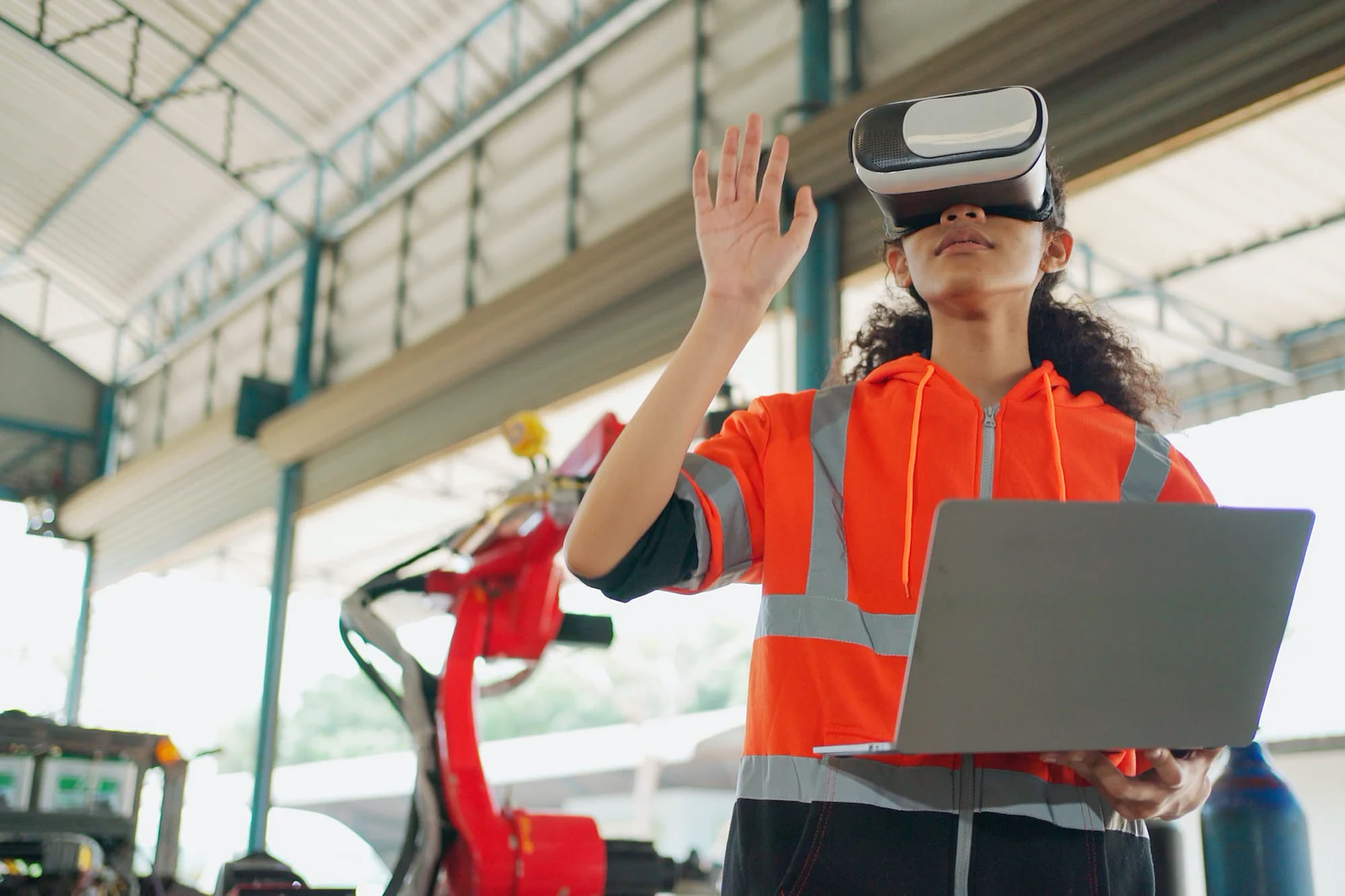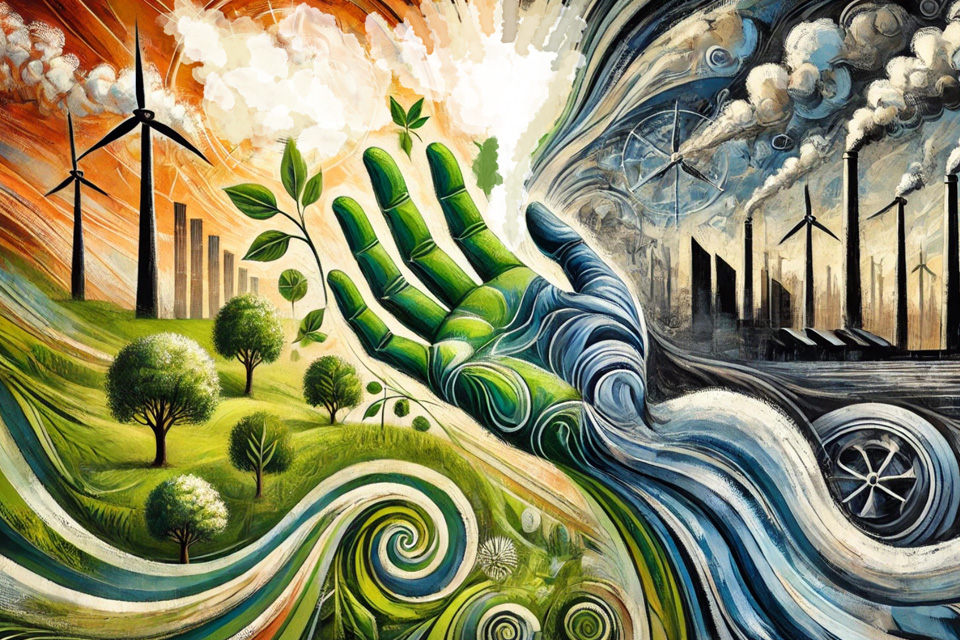Our future isn't predetermined; we have choices amidst conflict, climate change, and inequality. By harnessing the creativity of 1.45 billion young people, we can pursue financially rewarding and transformative pathways. However, the deadline for the Sustainable Development Goals is nearing, necessitating fresh approaches and global cooperation that are urgently needed due to escalating challenges like declining development assistance and a deepening debt crisis. The Hamburg Sustainability Conference serves as a vital platform for leaders to address interconnected crises, reaffirm commitments to inclusive systems, and protect future generations, especially in Africa and Asia.
Social Development
Parenting doesn’t come naturally to everyone—it’s a skill that must be learned and nurtured with the right support. On Global Day of Parents (1 June), we celebrate those who guide and love the next generation, with the theme “Raising Parents”. Acknowledging caregivers' daily challenges, UNICEF is launching Parenting Month 2025—a campaign to uplift and empower parents. The initiative spotlights heartfelt stories that capture the joys and struggles of raising children, offer practical advice and tools for caregiving, and advocate for expanded support through parenting programmes worldwide.
19 May 2025 marks the inaugural World Fair Play Day. This celebration promotes sports that are played in the spirit of friendship, solidarity, tolerance, inclusion, and non-discrimination. Fair play encourages mutual respect, promotes equality, and brings cultures together, empowering youth and strengthening communities. By upholding its core values—respect, rule adherence, and opposition to violence and doping—everyone wins. Let’s stand together for fair play.
The 2025 edition of the Human Development Report, titled “A matter of choice: People and possibilities in the age of AI” explores how emerging technologies—especially AI—are reshaping economies, societies, and human well-being. As digital tools rapidly transform the way we live and work, the report calls for bold, inclusive governance to ensure innovation serves people and planet. As AI accelerates change, this landmark report urges us to close digital divides and build a future where technology empowers everyone.
Amid escalating conflicts, climate disasters, and funding shortfalls, the 21st Dubai International Humanitarian Aid and Development (DIHAD) Conference 2025 (29 April - 1 May) explores critical issues including the evolution of humanitarian principles, shifting financing landscapes, the rise of local actors, and the growing impact of climate change and displacement. UNOCHA also held a pre-conference workshop under the theme "Ethics in Action," offering humanitarian professionals a platform to address ethical decision-making, AI’s implications, corruption risks, and responsible data practices.
The 2023/24 Human Development Report calls for rethinking global institutions to make them more people-centered, inclusive, and future-oriented in response to the convergence of political, ecological, social, and economic crises.
The 2025 Development Cooperation Forum (12-13 March, New York) comes at a crucial moment: more than 600 million people will face extreme poverty by 2030 and developing countries grapple with annual SDG financing gaps of up to $4 trillion. The international development cooperation system is faltering precisely when needs are greatest and priorities urgent. This forum aims to improve how international development cooperation responds to changing global needs, strengthen effectiveness, and develop practical recommendations for a more responsive system.
Artificial Intelligence (AI) has the potential to significantly impact sustainable development, positively affecting 70% of the 2030 Sustainable Development Goals (SDGs). However, there is an equity gap in AI development, with only 2% of the world’s data centers located in Africa and minimal investment in AI compared to the US. Additionally, one in three people globally lack internet access. To ensure equitable participation in the AI revolution, 2025 is critical, emphasizing the need for a foundation built on equity and sustainability to avoid widening existing disparities.
A transition to a sustainable future ensures that the shift to low-carbon economies benefits everyone, particularly vulnerable communities. By integrating social justice with environmental policies, it supports retraining programs, job creation, and social protections to prevent growing inequality. This is especially significant for World Day of Social Justice (20 February), which emphasizes the importance of equitable opportunities for all. Embedding these principles into global policies helps drive targeted economic diversification to counter the decline of fossil fuels.
Despite ongoing efforts, Asia and the Pacific's progress toward the 17 Sustainable Development Goals remains insufficient, according to the latest SDG Progress Report 2025 for the region. The document shows that while notable gains have been made in areas such as industry, innovation and infrastructure, and good health and well-being, the region faces alarming setbacks in climate action. The report emphasizes the importance of citizen data, which complements traditional statistics and helps communities address local challenges, ensuring that no one is left behind.
The ECOSOC Partnership Forum on 5 February is a key global and annual event bringing together governments, businesses, and civil society to tackle economic, social, and environmental challenges. This year’s focus includes health, gender equality, decent work and economic growth, ocean life, and partnerships. The Forum will spark new ideas and priorities to work on and will look to boost innovative collaborations that will drive action and commitment to the 2030 Agenda and emerging global challenges.
A lot happened in 2024, and not all of it was good. Wars continued, protracted conflicts sprung back to life, disasters struck and people took to the streets to protest for better governance, women’s rights and climate action. The United Nations Development Programme in Eurasia has a lot of work to do to put the world on track for a future that works for all. This means valuing the interdependent needs of humans, animals and nature, and keeping all the options open – environmental, economic, social – for current and future generations to flourish. As we look back to 2024 and forward to the next year, we have some New Year’s resolutions to guide our path, building on the good work and successes we’ve seen across Eurasia.
We live in turbulent times, with violent conflicts at their highest since World War Two and increasing climate disasters challenging global response efforts. Rapid responses can save lives and shorten recovery times, allowing communities to return to normalcy sooner. Artificial intelligence and digitalization are transforming crisis response. The United Nations Development Programme (UNDP) is using these technologies to provide faster and smarter support for those affected by crises. Here’s how UNDP is currently using AI and our vision for future applications in crisis response.
In a year marked by crises, 2024 also brought moments of triumph and reasons for hope. From groundbreaking business innovations to examples of remarkable resilience during crisis, here are some stories that remind us that positivity and creativity still thrive even in the most turbulent times.
In 2025, we will begin the five-year countdown to the deadline for achieving the Sustainable Development Goals and will also celebrate the 10th anniversary of the Paris Agreement on climate change. These events serve as crucial reminders of the urgent need to accelerate and expand vital development solutions. In November, world leaders will convene at the Second World Summit for Social Development to invigorate the implementation of the 2030 Agenda. Throughout the year, various key events and observances will provide opportunities to emphasize interconnected solutions and encourage action. A central theme across many of these events will focus on four key areas with the potential to transform our world: women, finance, artificial intelligence, and peace.















